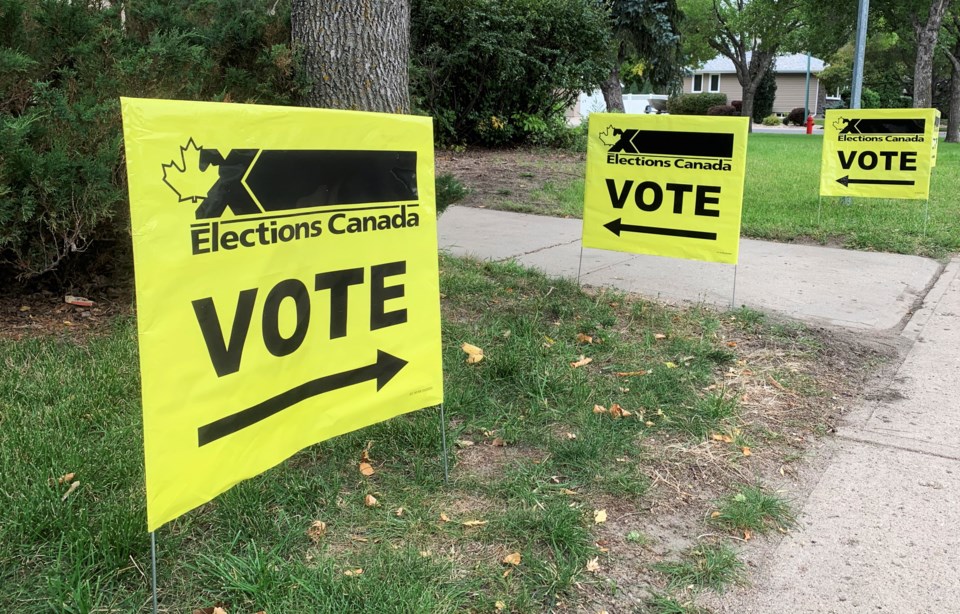For years, Saskatchewan's municipalities held their elections on the last Wednesday of October. They were every three years until 2012, when terms were extended to four years.
Then in 2020, the provincial government decided the last week in October was the perfect time to hold an election, and punted the municipalities aside, forcing them to have their vote in November.
This year the provincial election will be Oct. 28, and the civic election will be Nov. 13. Now, if you're a political junkie who can't get enough of elections, two votes in roughly a two-week span is going to be right up your alley. But if you're not, then having a civic election 16 days after the provincial vote is only going to lead to voter fatigue and even confusion.
(Don't scoff at the last remark. How often do you hear people blame a municipal council for something that is the provincial government's responsibility, such as the fact that the new Estevan regional nursing home still hasn't been constructed?)
We're not sure why the provincial government thought a late October election date was so desirable that it had to muscle the urban and rural municipalities, as well as the school boards, out of what has traditionally been their time.
We get that there is a limited window of opportunity to have an election in Saskatchewan. If you have it too early in the spring, then you run the risk of foul weather. If you run it too late, then you're up against farmers' seeding operations and other work. You can't have an election too early in the fall, because farmers might still be harvesting. If you go too late in the fall, you tempt fate with foul weather. And you don't want to send people to the polls in the summer or winter.
So there might be a window of opportunity of six to eight weeks to have an election in this province during a year.
It's worth noting that the provincial elections in 2003, 2007 and 2011 were in November. The 2016 election was in April. It wasn't until 2020 that the government thought its election should occupy late October. In 2003, when the then-governing New Democratic Party decided to have an election in the fall, it was in November, a couple of weeks after the civic vote.
(We also saw the downside of the November timing in 2020 when a snowstorm rolled through the province right before election day, forcing delays in such communities as Saskatoon and elsewhere).
Municipal governments and school boards tend to be at the bottom of the totem pole when it comes to electoral influence. The federal government has power over their provincial counterparts; the provincial government has sway over the municipal councils. That's not to say that your urban municipalities, rural municipalities and school boards don't have influence. But if the provincial government decides they want the municipal election date, then they'll take it, no matter what a city or RM council thinks.
We also understand that a provincial election gets a higher voter turnout than a civic vote.
But let's also remember this: civic and school board politics represent the bedrock of our democracy. You have a level of contact with your locally elected officials that you don't have with your MLA, even in communities the size of Estevan.
We have one mayor, six councillors and two school board trustees. (The school board members do cover some areas outside of Estevan city limits). Our MLA is responsible for an area well beyond Estevan's city limits; her area is actually going to grow when the next election is called.
This should be the last time we ever have the two elections so close together. The province should do the right thing and return to the April date we saw in 2016. An election date around April 15-22 won't guarantee we'll avoid a massive post-winter storm, but it reduces the chance.
The other option is to allow the municipalities to have their vote in mid-to-late April, and eliminate what is for many a frustrating conflict.







